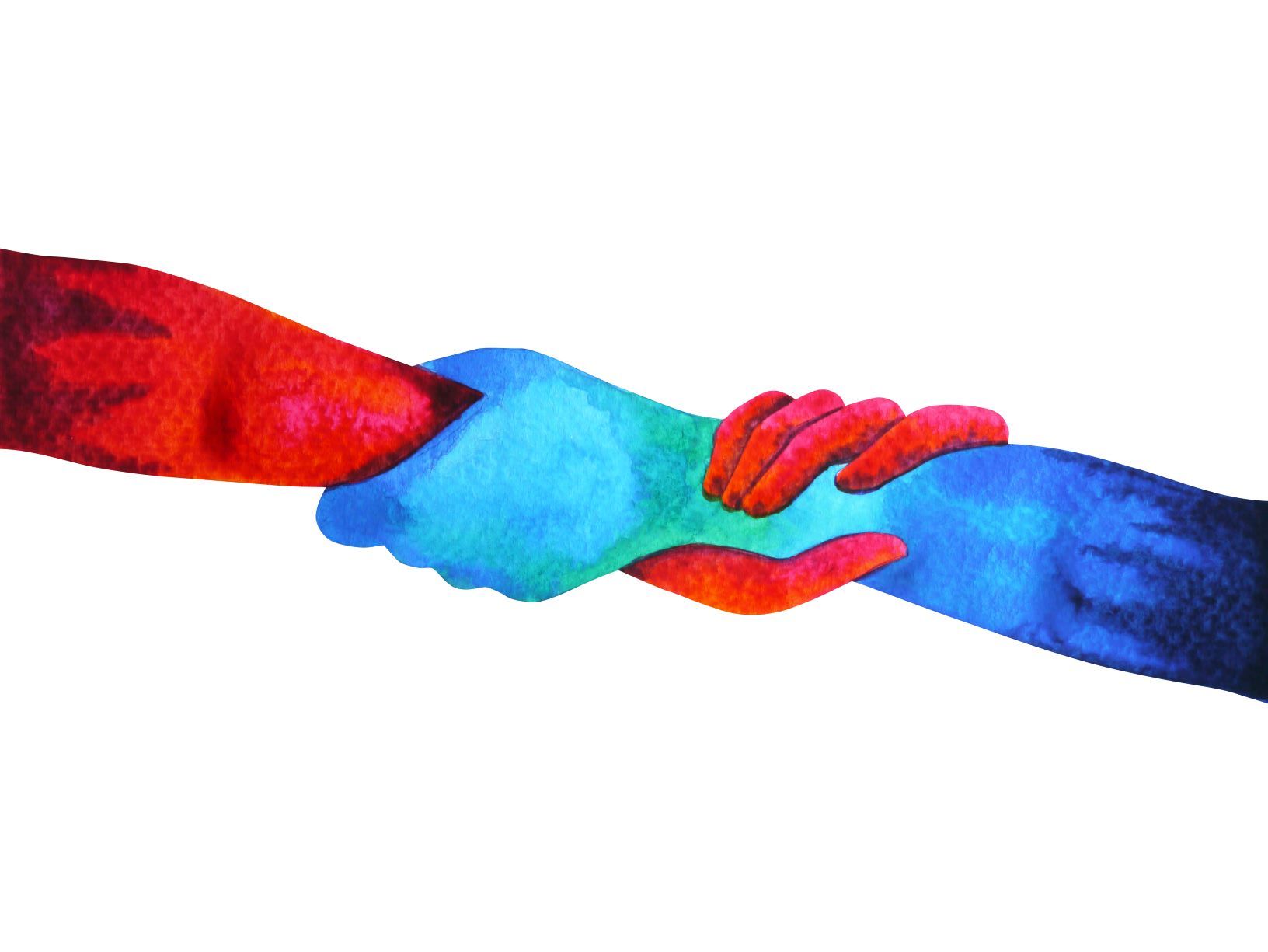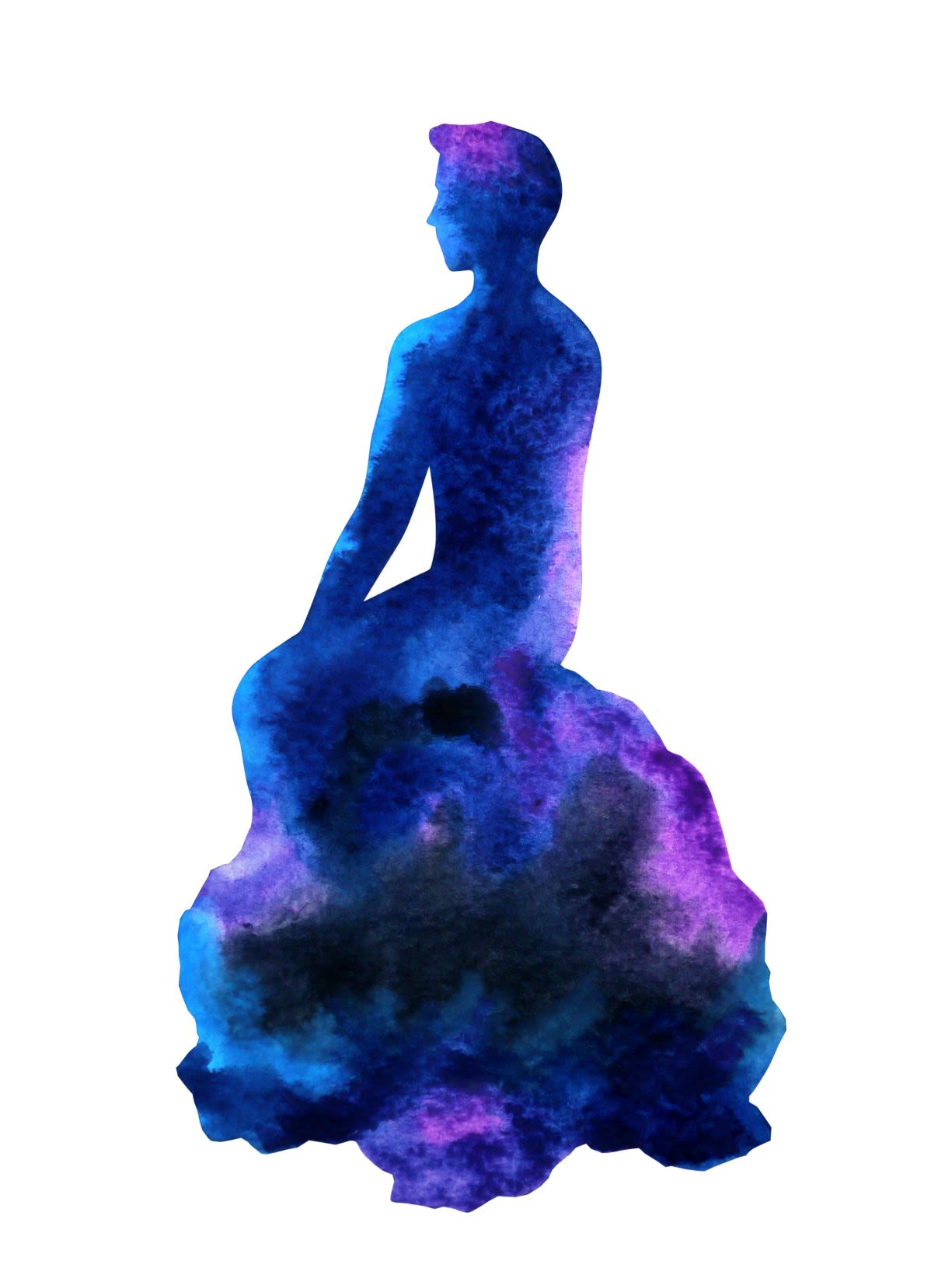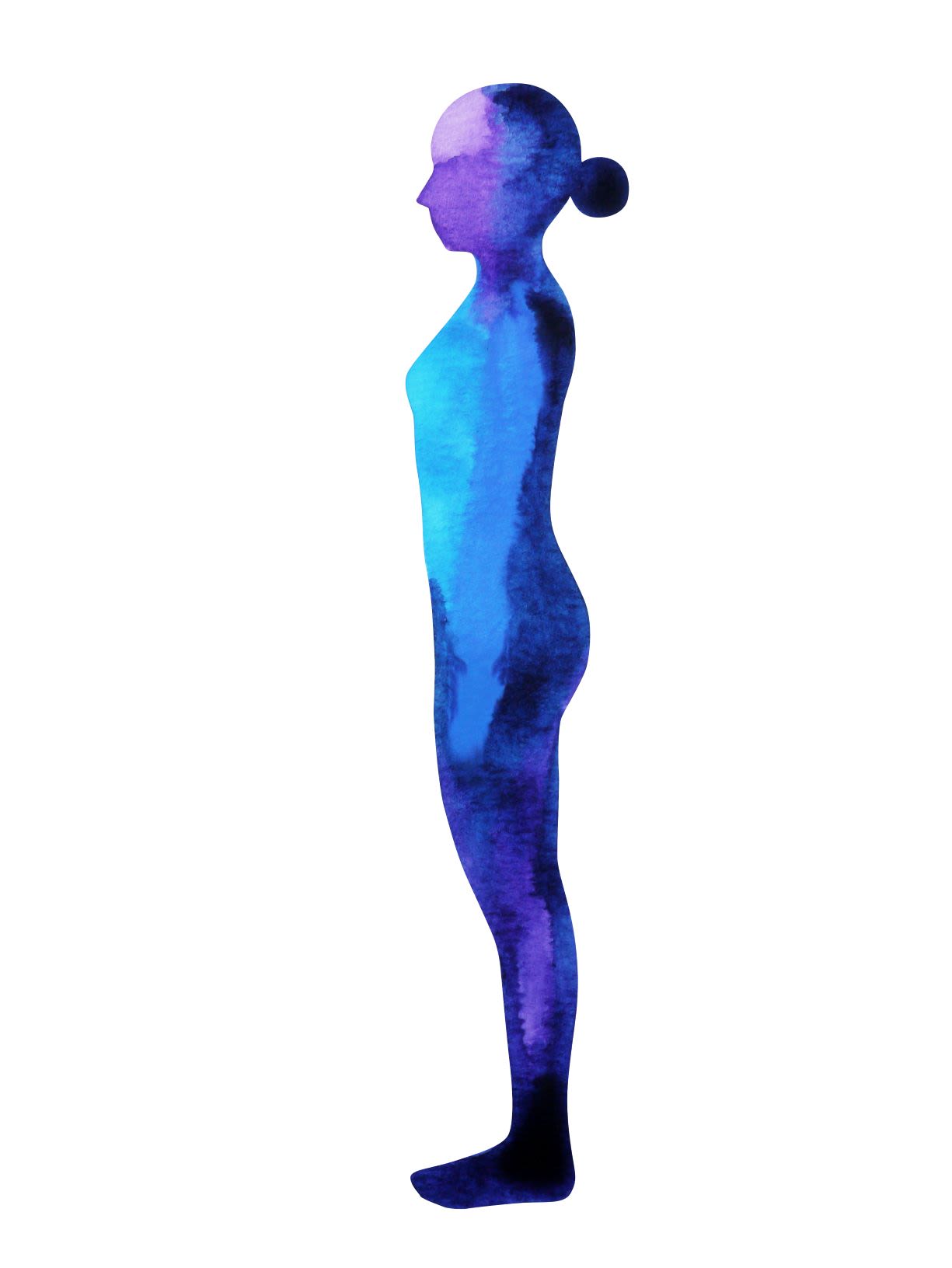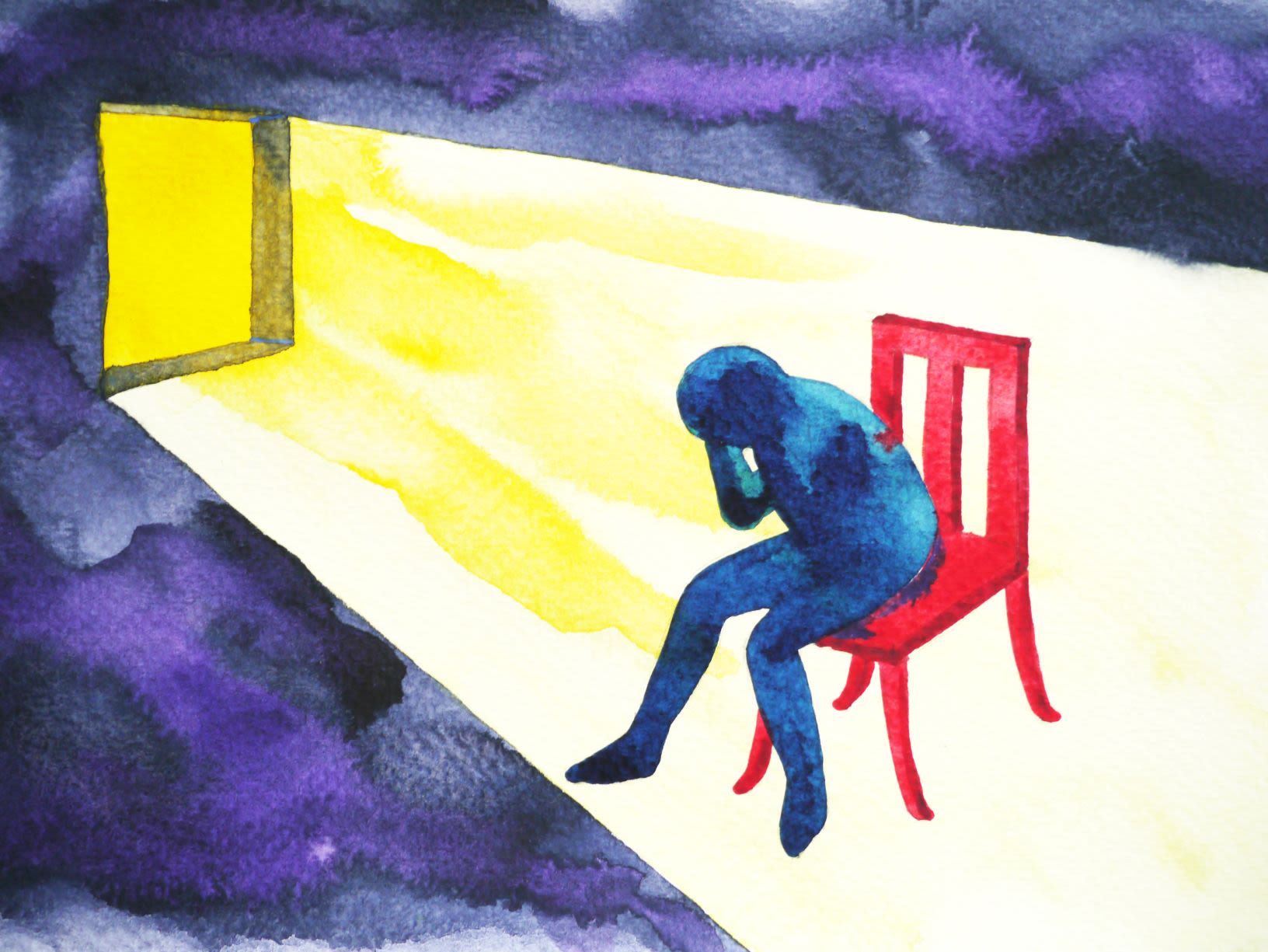Hidden heroes of our mental health system
They’re Australia’s billion-dollar workers that you’ve possibly never heard of. An army of unpaid mental health carers – and they need care too.


For many people, the idea of being a carer involves looking after an elderly parent, or a family member, partner or friend with a physical illness or disability.
But almost a quarter of a million Australians care for someone with a mental illness.
This is the case for Gloria O’Brien. Her daughter Belinda was 22 and in her second year of a teaching degree when she was diagnosed with bipolar disorder.
“She studied all her life and she failed her prac teaching, which for anybody else... you’d just do it again. But that disappointment triggered the illness,” Gloria says.
That was 26 years ago, and Gloria has been caring for Belinda ever since.

A mental health carer provides regular, and often long-term, informal care to someone who’s main health condition is a mental illness, according to Mind Australia’s 2017 report on the economic value of informal caring.
The report estimated it would cost more than $13 billion a year to replace the work of these often-hidden heroes with formal support services.
Many mental health carers report almost 70 per cent of their role involves providing emotional support.
This is the case for Stephanie Mine, who has been caring for her son, who is now 38, for 20 years.
“He needs a lot of emotional support,” she says. “He had a substance abuse problem as well as a mental health issue.
Due to the challenge of her son’s substance abuse, Stephanie has had to seek support to help her understand and handle the situation.
“He’s had a dual diagnosis, so there’s been double the amount of work.”




Three Queensland researchers writing on The Conversation discussed the value of informal carers. They found having a mental health carer can result in increased quality of life and a reduced likelihood of hospital readmission, as well as access to safe housing, which is crucial for recovery.
The researchers found that carers provide emotional support and encouragement during difficult times, such as on discharge from hospital when the risk of distress and suicide can be high.
Carers can also provide vital support when health workers aren’t there, such as responding to early warning signs of relapse and encouraging a person to stick to their care plan.
Caring can be extremely challenging, and almost half of all mental health carers are in caring roles for more than 10 years.
“It knocks you out,” Stephanie says.
“You’ve just got to keep yourself fit, otherwise you can’t do the job. You can’t fall down because you’re keeping someone else up and running.”
The long-term nature of caring roles mean it is essential that carers themselves are supported for their own wellbeing.

That’s where organisations such as Arafmi Ltd come in.
Arafmi’s range of support services for mental health carers includes a 24-hour counselling hotline, support groups and carer training sessions.
Arafmi has also supported Gloria as she cares for Belinda.
“They helped me a lot in the beginning – that was my source of information,” Gloria said.
“I started off going to their meetings… and just learned how different mental illnesses worked. Everyone with mental illness is to a degree different. They all involve different problems.”
Arafmi CEO Irene Clelland says providing information and training to carers is a big part of Arafmi’s work, as well as supporting them in their own mental health and wellbeing.
“In Queensland, 97 per cent of carers feel tired, stressed and fearful of the future,” she says.
“And 87 per cent report feeling they have no time for themselves.
“Having a mental health carer can result in better recovery outcomes for a person with a mental illness – but being a carer can have significant impacts.
“Our carers need care too, and it’s essential that they are supported for their own mental health and wellbeing.
“The key message for us is you’re not alone - help and support are available.
“This support can help with the carer’s personal wellbeing, and it can also connect them to others to create a sense of community and shared experience.”

Stephanie has found the support and social connection provided by Arafmi helpful while caring for her son.
“When my son was first diagnosed, I went down to Arafmi and I started learning,” she says. “I started reading and doing all the courses.”
She urges new mental health carers to get involved.
“I’d tell them first to get down to Arafmi. Learn a few things and do some of the courses. I just find they need… that emotional support. They need someone to talk to.”



Find support
- Find information about Arafmi’s services here.
- The Queensland Government’s Dear Mind website offers a range of simple, everyday activities to protect and enhance mental wellbeing.
- A range of mental health support services can be found on the Commission’s website here.

